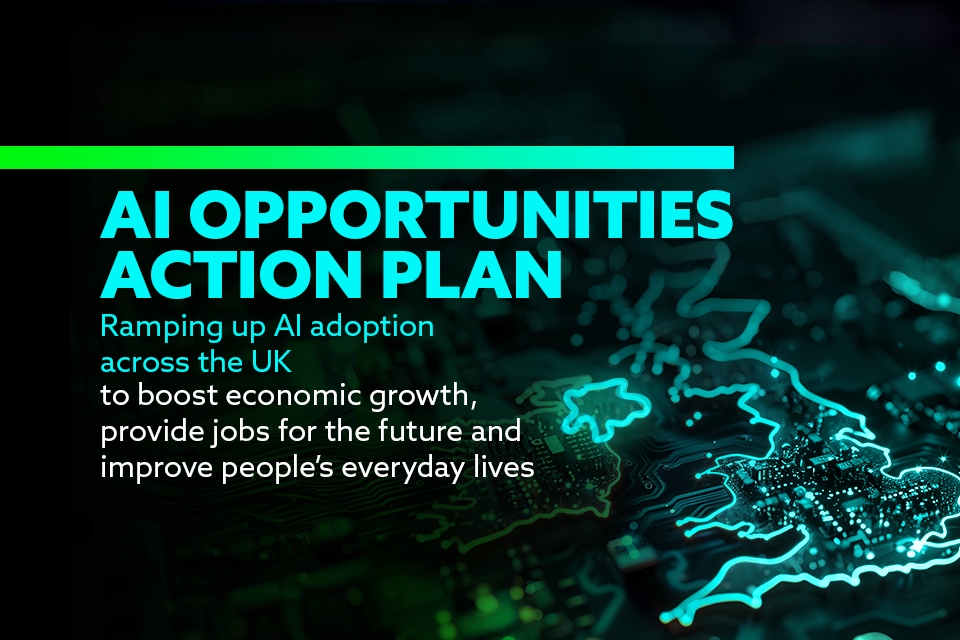World Economic Forum Global Risks Report 2025: Managing Global Risks Through Strategic Communications and Stakeholder Engagement
The World Economic Forum’s Global Risks Report 2025 highlights the growing complexities of an increasingly fragmented world. Geopolitical tensions, economic protectionism, and disinformation campaigns now challenge stability in the stability of businesses, governments, and investors. As the risks escalate, a reactive approach is no longer sufficient. Instead, organisations must adopt proactive strategies to build trust, foster resilience, and thrive amid uncertainty.
Business as usual is no longer an option.
Leaders can navigate these turbulent times by refining communication strategies and strengthening stakeholder engagement with transparency, confidence, and purpose.
Understanding the Risks: Challenges in a Polarised World
The risks identified in the report are deeply interconnected. Societal polarisation, disinformation, and protectionist policies feed into one another, creating cascading challenges. For businesses, governments, and investors, these risks manifest in several ways:
1. Geopolitical Tensions and Trade Barriers
Governments are implementing protectionist measures, such as tariffs and investment restrictions, to protect domestic interests. This disrupts global trade and complicates industries reliant on cross-border collaboration.
2. Misinformation and Disinformation
Disinformation campaigns, often aimed at institutions or brands, distort narratives, destabilise societies, and erode consumer trust. This can harm the reputations of businesses, particularly in industries focused on sustainability or technology.
Misinformation and disinformation have emerged as critical global challenges. 86% of individuals worldwide report encounters with fake news. In the United Kingdom alone, over 90% of people say they have faced online misinformation, underscoring its sweeping prevalence. Social media platforms, with a staggering 4.9 billion users globally, remain at the heart of this crisis, serving as powerful conduits for the spread of false information.
The consequences extend far beyond individual deception. The economic toll is significant, with misinformation disrupting financial markets, skewing investor decisions, and inflating healthcare costs by propagating unreliable medical advice.
For businesses, the stakes are equally high—targeted disinformation campaigns can tarnish reputations, erode consumer confidence, and inflict severe revenue losses. For governments and wider society, the impact is no less troubling. Misinformation erodes democratic institutions, deepens social divides, and undermines public trust in governance.
3. Polarisation of Public Opinion
Rising societal divides, influenced by misinformation, complicate policymaking, hinder regulatory consensus, and create unstable investment climates. This polarisation makes it harder for governments and businesses to align on critical issues like climate change and technological innovation.
Why Communications and Stakeholder Engagement Are Essential
Managing these interconnected risks requires more than operational agility—clear communication, strategic foresight, and stakeholder collaborative relationships.
Trust and transparency are vital in an age of misinformation. Businesses and governments must rethink their communication strategies to build credibility, foster alignment, and combat the influence of false narratives.
Strategic Recommendations for Leaders
To navigate global risks effectively, leaders should adopt the following strategies:
1. Align Communication with Strategic Objectives
Clear and consistent messaging is critical in a fragmented world.
To build public trust, governments must ensure that policy communications are coherent across departments and agencies.
Businesses should proactively counter disinformation with transparency and credibility. For example, a technology firm accused of unethical practices could address concerns through third-party audits, transparent reporting, and campaigns that showcase responsible innovation.
2. Invest in Multisector Coalitions
Collaboration is key to addressing shared challenges.
Governments and businesses should improve their engagement with civil society, academia, and international organisations to combat misinformation and strengthen ethical communication.
Industry-wide initiatives, such as AI-driven tools to detect false narratives, can mitigate the spread of disinformation. Advertisers and their agencies significantly influence social media platforms like Meta, which amplify misleading content. They need to be aware of and leverage their power and influence, individually and collectively, to demand greater accountability because of the risk that misinformation poses by association to their companies and brands. By lobbying for stricter content moderation and transparency, advertisers can push platforms to align with societal expectations and reduce risks to brands and consumers.
3. Build Resilient Supply Chains
Geopolitical tensions and protectionism emphasise the need for supply chain diversification.
Businesses should map vulnerabilities, diversify sourcing strategies, and establish regional partnerships.
Engaging with governments and trade organisations can secure support for these adjustments.
4. Strengthen Scenario Planning
Effective risk management begins with foresight.
Organisations must incorporate geopolitical and societal risks into strategic planning.
Scenario exercises—such as assessing the impact of trade restrictions, cyber threats, or disinformation campaigns—can prepare leaders to act decisively and communicate with their audiences to position them as being proactive in how they trade.
5. Foster Stakeholder Trust
Trust underpins resilience in a polarised world.
Governments can reinforce public confidence through accountability and transparency.
Businesses can build loyalty by prioritising ethical practices, community engagement, and ESG-focused initiatives.
Opportunities in a Fragmented World
Despite the challenges, businesses and governments that adapt can seize significant opportunities:
Companies that prioritise sustainability and ethical operations will attract ESG-conscious investors.
Cybersecurity and data analytics firms are poised for growth as organisations invest in countering misinformation and protecting critical infrastructure.
Regional trade alliances championed by governments can drive investment and bolster economic resilience.
Thriving Through Strategic Action
The Global Risks Report 2025 calls for leaders to act decisively and collaboratively. By adopting forward-looking strategies, strengthening communication, and fostering trust, organisations can mitigate risks and position themselves as leaders in a fragmented world.
As the global landscape evolves, success will favour those who adapt with purpose, build coalitions, and communicate transparently. Businesses, governments, and investors can thrive in complexity by turning risk into opportunity and uncertainty into strength.
Let’s start the conversation. If you want to explore how strategic communications and stakeholder engagement can support your goals, contact us today.







